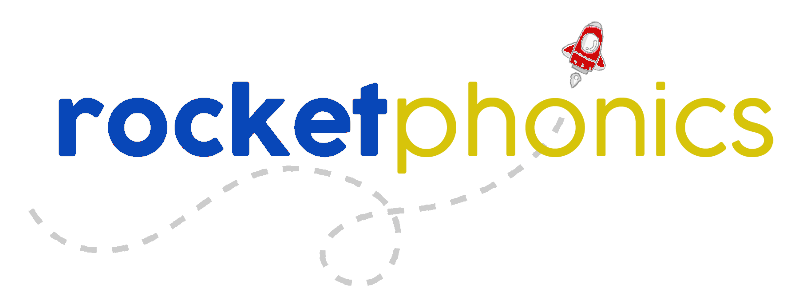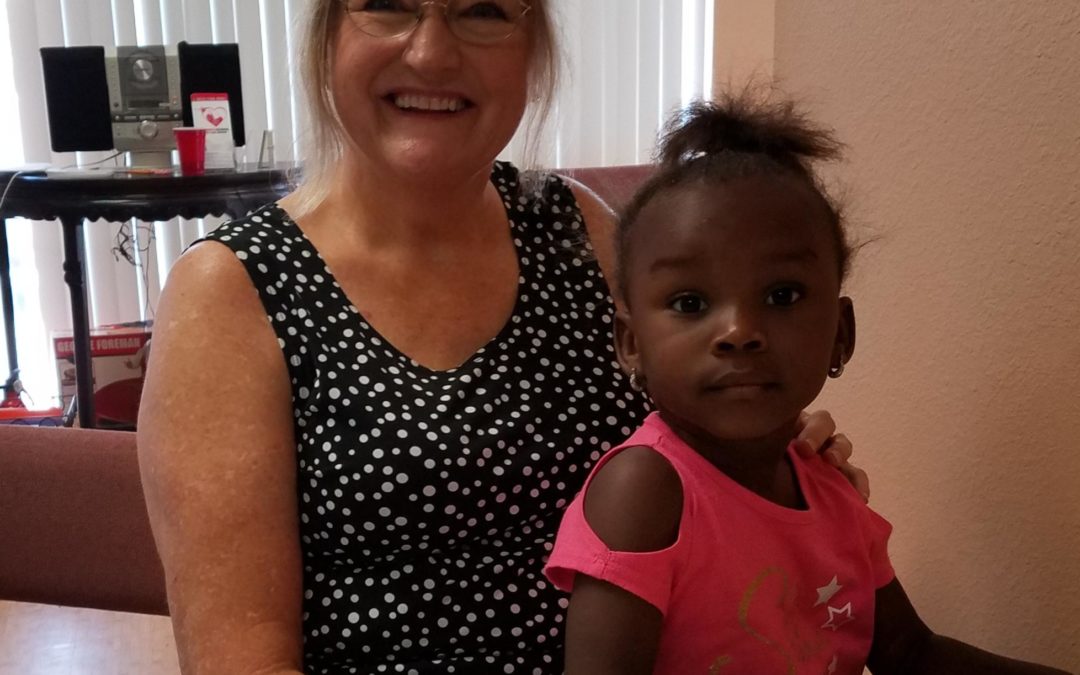Are Phonological Awareness Skills a Needed Bridge
Are phonological awareness skills a path to reading? Phonological Awareness is the ability to hear rhymes. Usually rhymes are a 2 to 3 sound fragment at the end of each word. This skill may be a step to sound out new words. Parents have been singing nursery rhymes to their children for centuries. These rhymes may bridge the gap from hearing whole words to hearing individual sounds within a word (phonemic awareness). Phonemic awareness predicts reading success.
What is the connection between hearing the individual sounds and reading? In short, a strong phonics system which connects the individual sound (phonemic awareness ) to a specific letter or letter combination to sound out new words. For years it was thought that phonemic awareness could not be learned it seemed to appear naturally between the age of 3 and 7. In fact, in the absence of a strong phonics system many thought it was best to wait until 7 to teach reading. Take reading on too early and you will just frustrate the child. Frustrate too long and they become very reluctant to read at all.
Since 2005 Florida has been using VPK (Voluntary PreKindergarten) to prepare your child for Kindergarten. Their emphasis is emergent reading skills. After all reading is the gateway to all other subjects. Many experts insist that it is too early for a reading curriculum. This conflict between public school needs and the child’s needs may be in the approach. As one preschool expert explained, “Schools teach curriculum; preschools teach children.” Children are sponges. They absorb many skills through play. With this in mind Rocket Phonics designed games to teach emergent reading skills.
Phonological Awareness Skills Learned through Play
The child can play, develop social skills and have fun. And the games meet the VPK emergent reader standards. For example, Standard 1 Benchmark (a) is “Engages in multiple back-and-forth communicative interactions with adults.” Every game meets this standard. Similarly, Standard 3 “Shows alphabetic and print knowledge.” We use the Word Find Game which is like an Easter egg hunt with words to meet this standard. Most important, the kids get to be kids. And the preschool gets to be a preschool.
In order to test this ideal, Rocket Phonics games were tried in a preschool twice a week for two months. The results showed a third of the four-year-olds were reading words. This is well above state requirements!
Unfortunately, VPK is evaluated only for academic aspect of school readiness. Therefore, the assessment only has 4 areas: Print Knowledge, Phonological Awareness, Oral Language Vocabulary and Mathematics (number sense). Rocket Phonics easily covers the first three. Moreover, preschools are freed to do what they were originally designed for in the first place.
Leave a comment.

